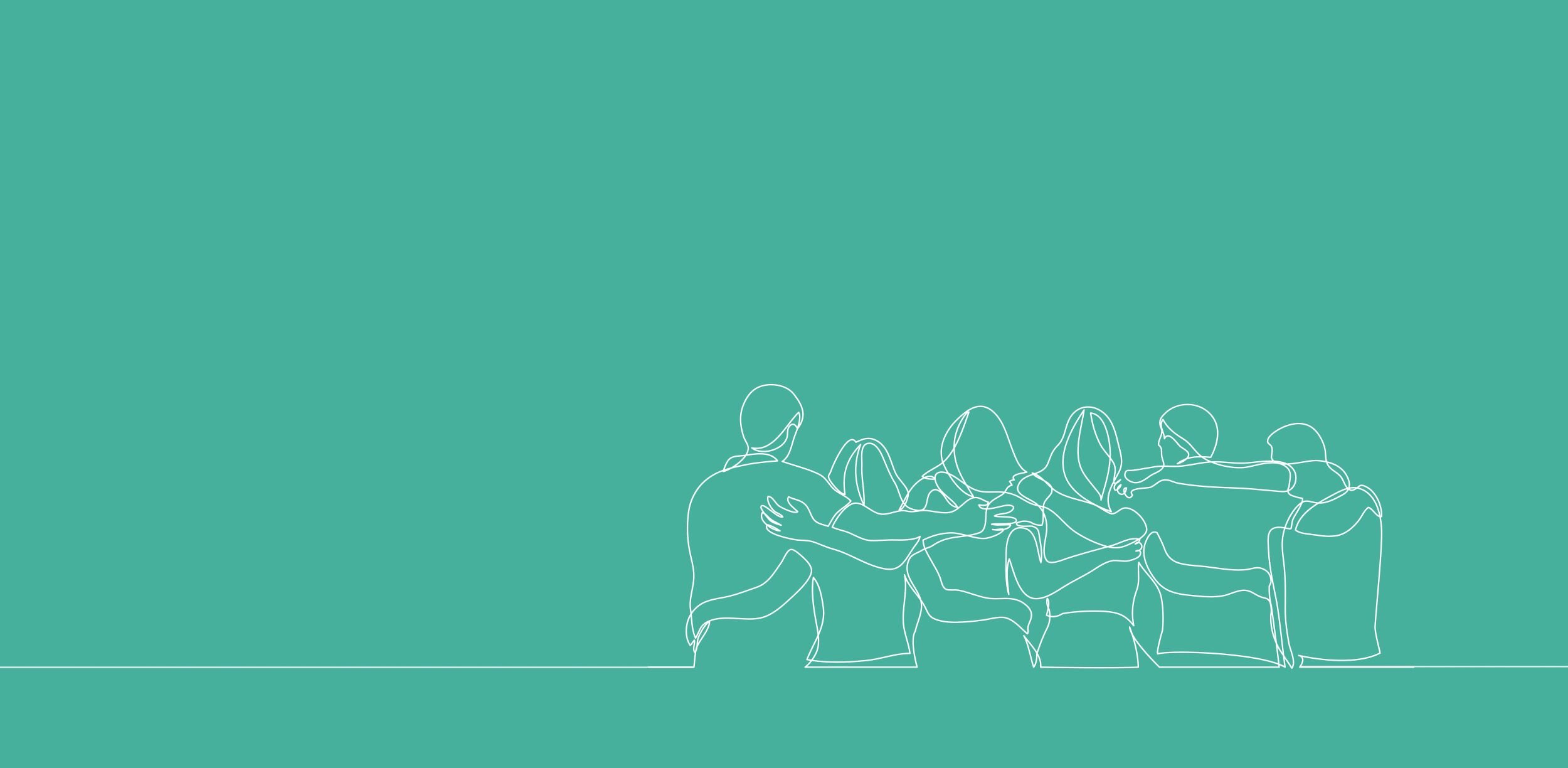
How do you keep the group safe?
We have a charter that provides group norms and values to guide our conversations.
“Safety” or keeping people safe from attempting suicide is often a major focus of clinical services and this unfortunately often results in unwanted consequences when people open up about being suicidal (for example people might be hospitalised against their will). Many services also require use of trigger warnings in an attempt to keep the group safe.
As we are an alternative to the clinical suicide prevention paradigm, we don’t focus on whether someone may be “unsafe” or “at risk” when talking about suicide.
We don’t do risk assessments
We don’t write safety plans
We don’t require our attendees to sign a safety contract before they leave
We don’t use trigger warnings
We prioritise emotional and relational safety.
We focus on providing a non-judgemental space for sharing deeply and vulnerably, free from negative consequences (like a police welfare check or forced hospitalisation). Our facilitators are trained to gently guide group conversations ensuring the group stays compassionate, curious, non-judgemental, and non-medical.
Check out this FAQ answer that explores what’s okay to talk about.
Note:
If someone from group is making you uncomfortable, we encourage you to be upfront about how they are making you feel - some people may not know where a boundary is until you tell them. If someone from group ignores your boundaries, is being highly inappropriate, or is making you feel unsafe, please let us know by chatting to us before/after group or by emailing us at info@discharged.asn.au
